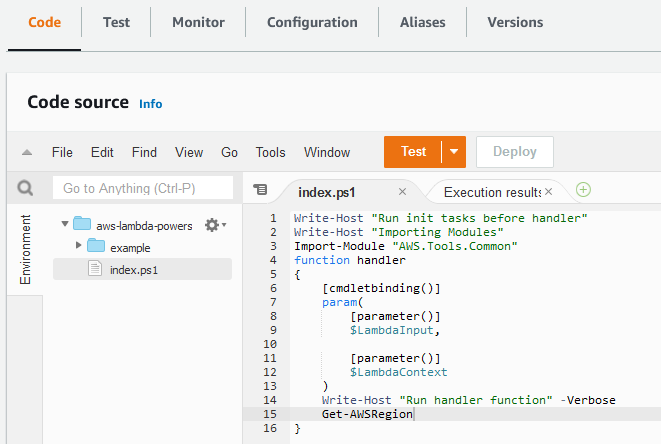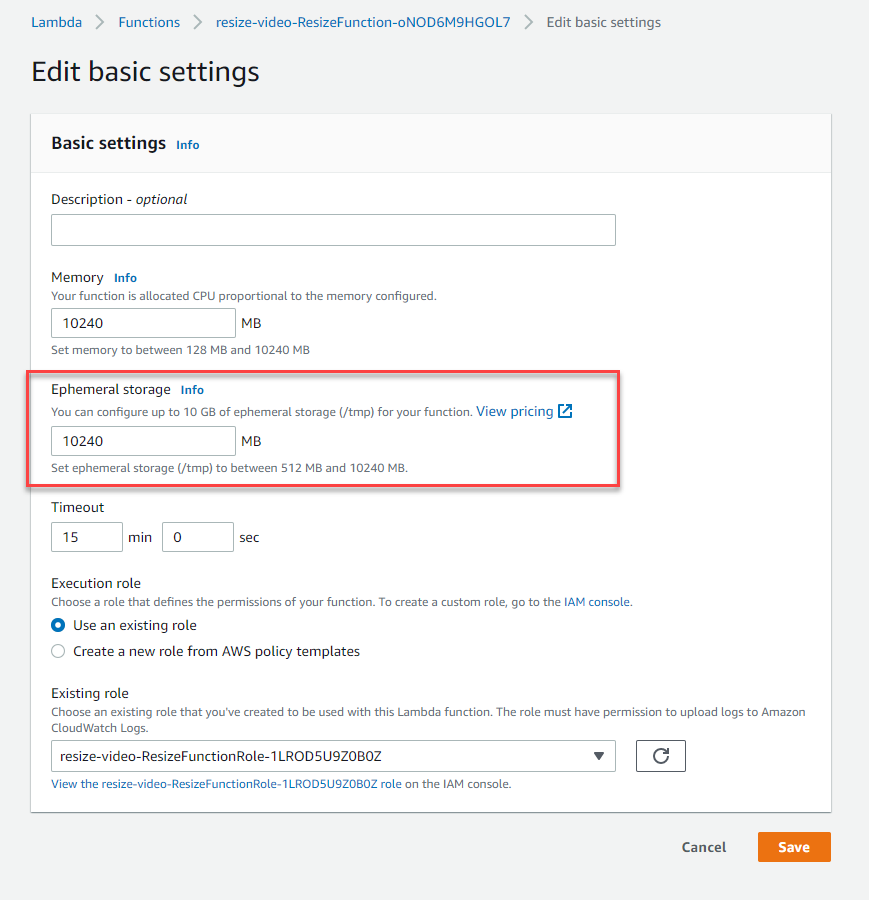AWS Compute Blog
Category: *Post Types
Introducing the PowerShell custom runtime for AWS Lambda
The new PowerShell custom runtime for AWS Lambda makes it even easier to run Lambda functions written in PowerShell to process events. Using this runtime, you can run native PowerShell code in Lambda without having to compile code, which simplifies deployment and testing. You can also now view PowerShell code in the AWS Management Console, […]
Amazon EC2 DL1 instances Deep Dive
This post is written by Amr Ragab, Principal Solutions Architect, Amazon EC2. AWS is excited to announce that the new Amazon Elastic Compute Cloud (Amazon EC2) DL1 instances are now generally available in US-East (N. Virginia) and US-West (Oregon). DL1 provides up to 40% better price performance for training deep learning models as compared to […]
Orchestrating high performance computing with AWS Step Functions and AWS Batch
This blog post describes several challenges common to orchestrating HPC workloads. I describe how Step Functions with AWS Batch can solve many of these challenges. I provide a project that contains several sample patterns and show how to deploy and test this in your account.
Introducing global endpoints for Amazon EventBridge
This blog shows how to create an EventBridge global endpoint to improve the availability and reliability of event ingestion of event-driven applications. This example shows how to use the PutEvents in the Python AWS SDK to publish events to a global endpoint.
Using AWS Step Functions and Amazon DynamoDB for business rules orchestration
In this post, you learned how to leverage an orchestration framework using Step Functions, Lambda, DynamoDB, and API Gateway to build an API backed by an open-source Drools rules engine, running on a container. Try this solution for your cloud native business rules orchestration use-case.
Using larger ephemeral storage for AWS Lambda
Serverless developers can now configure the amount of temporary storage available in AWS Lambda functions. This blog post discusses common use cases and walks through an example application that uses larger temporary storage.
How to re-platform and modernize Java web applications on AWS
This post is written by: Bill Chan, Enterprise Solutions Architect According to a report from Grand View Research, “the global application server market size was valued at USD 15.84 billion in 2020 and is expected to expand at a compound annual growth rate (CAGR) of 13.2% from 2021 to 2028.” The report also suggests that […]
Choosing the right solution for AWS Lambda external parameters
This post is written by Thomas Moore, Solutions Architect, Serverless. When using AWS Lambda to build serverless applications, customers often need to retrieve parameters from an external source at runtime. This allows you to share parameter values across multiple functions or microservices, providing a single source of truth for updates. A common example is retrieving […]
Managing and Securing AWS Outposts Instances using AWS Systems Manager, Amazon Inspector, and Amazon GuardDuty
This post is written by Sumeeth Siriyur, Specialist Solutions Architect. AWS Outposts is a family of fully managed solutions that deliver AWS infrastructure and services to virtually any on-premises or edge location for a truly consistent hybrid experience. Outposts is ideal for workloads that need low latency access to on-premises applications or systems, local data […]
Automate the Creation of On-Demand Capacity Reservations for running EC2 instances
This post is written by Ballu Singh a Principal Solutions Architect at AWS, Neha Joshi a Senior Solutions Architect at AWS, and Naveen Jagathesan a Technical Account Manager at AWS. Customers have asked how they can “create On-Demand Capacity Reservations (ODCRs) for their existing instances during events, such as the holiday season, Black Friday, marketing […]









